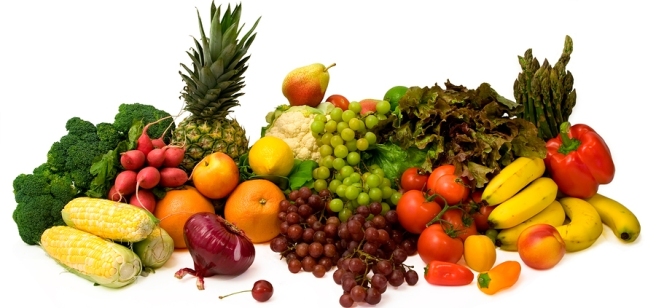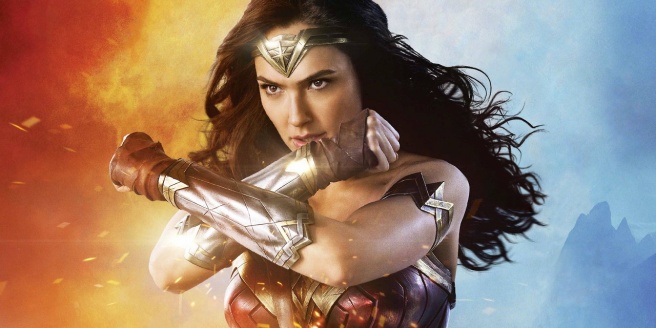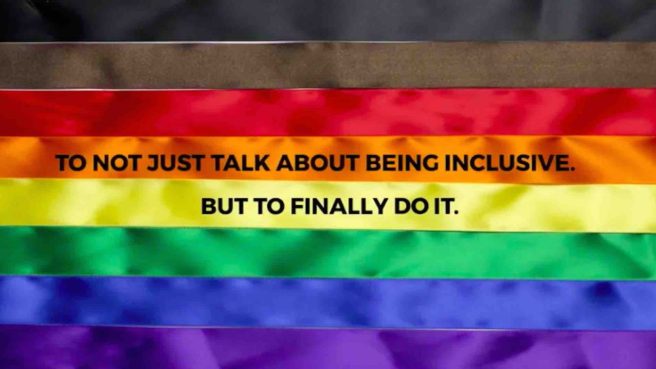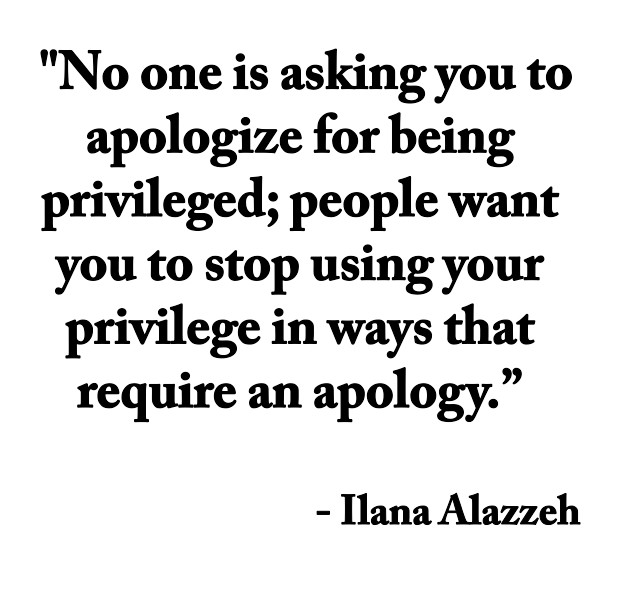 I want to share this article by Salma Haidrani on The Establishment today: The Wellness Movement has a Race Problem. Just read the whole thing. When she says “Cook like me, look like me” I had to stop reading. Just think about what that means when the people we aspire to look like are all white.
I want to share this article by Salma Haidrani on The Establishment today: The Wellness Movement has a Race Problem. Just read the whole thing. When she says “Cook like me, look like me” I had to stop reading. Just think about what that means when the people we aspire to look like are all white.
Tag: Check Your Privilege
It’s Monday – Is Wonder Woman the feminist model we should aspire to?
 So pretty much everyone has seen Wonder Woman by now, right? (Well, not me, I won’t see it until it comes out on Amazon or DVD.) So in checking our privilege this Monday, I’d like to share some (relatively, but not totally) spoiler-free critiques of the movie. Continue reading “It’s Monday – Is Wonder Woman the feminist model we should aspire to?”
So pretty much everyone has seen Wonder Woman by now, right? (Well, not me, I won’t see it until it comes out on Amazon or DVD.) So in checking our privilege this Monday, I’d like to share some (relatively, but not totally) spoiler-free critiques of the movie. Continue reading “It’s Monday – Is Wonder Woman the feminist model we should aspire to?”
It’s Monday – cis/straight privilege
It’s Monday and time to think about our privilege!
When we found out we were having twins, the first question people asked (almost without fail) is if we were having boys or girls. When our babies were small, that was still strangers’ first question. It didn’t bother me, per se, so much as surprise me how ubiquitous it was. Our twins are both female and although we are not pushing “girl” stuff we identify them as girls. But now that they are a little older, there is a lot of talk of potential boyfriends and how daddy needs to get a shotgun. This does bother me. It is disheartening how much conversation revolves around gender and heteronormativity with babies and toddlers.
 Today I want to share this article from Everyday Feminism: 10 Examples of Straight Privilege. Click through to read the whole thing. The thing that stood out to me was that heteronormativity is both assumed from birth, and is reflected constantly in media. I’ve noticed this as we’ve watched so many children’s shows. From preschool shows that actually center episodes on the characters trying to get “boyfriends” and “girlfriends” to just minor passing scenes when romance is not a subject on the show at all.
Today I want to share this article from Everyday Feminism: 10 Examples of Straight Privilege. Click through to read the whole thing. The thing that stood out to me was that heteronormativity is both assumed from birth, and is reflected constantly in media. I’ve noticed this as we’ve watched so many children’s shows. From preschool shows that actually center episodes on the characters trying to get “boyfriends” and “girlfriends” to just minor passing scenes when romance is not a subject on the show at all.
So what to do? Those of us that are cis gendered and heterosexual have a long way to go in being supportive of our LGBTQA friends and family. But the changes that are needed – no more bathroom bills, intersectional feminism as the only feminism, real diverse representation in media, legal protections regardless of sexuality – all of that feels overwhelming. But we can change the culture of microaggressions today! Start here by reading this article on Huffington Post: Being an Ally Means Sometimes Having to Say You’re Sorry. Then practice! Listen, apologize, keep our mouths shut. We can do it!
It’s Monday! Let’s talk hair and privilege and policing blackness
There has been another story in the news lately of black young women punished for being black – specifically for wearing their hair in braids.
Race, Racism and the Law has a long but excellent read on the way black bodies are both policed and punished in schools: Detangling the Politics of Racially Conscious Dress Code. Although this happens across society (the military only allowed some hairstyles in 2014), it is especially problematic in schools where these policies reinforce implicit racism in our children. Here’s a snippet:
A trait is “a quality that makes one person or thing different from another.” When Americans see the name Shaquanda Jackson, and *1262 mentally distinguish her from others by designating her as a “Black person,” her very name becomes a trait associated with Blackness. Acknowledging this relationship is fundamental in understanding trait discrimination. Americans hear a name like Shaquanda Jackson or see a hairstyle like dreadlocks, and mentally code both name and hairstyle as racially Black. Trait discrimination takes this mental recognition a step further, by actively prohibiting speech, names, clothing, hairstyles, etc. that Americans mentally associate with a specific race. Though Black persons are not born with dreadlocks or pre-destined to be named Shaquanda, these traits become avatars of Blackness. Because race is such a real and tangible thing in American culture, these avatars cannot be separated from their racial significance.
Click through to read the whole thing and learn how these traits that have become synonymous with blackness are part of America’s implicit bias against Black Americans.
It’s Monday – on disappearing to find yourself
It’s Monday! Time to talk about privilege.
Today I want to share a Longform article by Alex DiFrancesco called How to Disappear. They write about their experience with disappearing in the midst of a mental break. Speaking about hearing the story of a girl who left her life behind, and the differences between how her disappearance was treated in comparison to their own, they say:
When I saw Kidd’s story, I thought of all the resources that had gone into her “case,” and all of those of us who really were lost, unhealthy, and scared, who were given little to no help.
DiFrancesco also gives us a peek into their journey to self acceptance. Here’s a snippet from the part that I resonated with, as having someone love me has helped me find my true self:
Having someone understand me, love me, and support my gender identity let me be the person that I’d been hiding from myself, the too much and too far that some of the people who had said they’d loved me all my life couldn’t allow. Some people did look at the real me and judge me as unlovable. Others adapted, learned, embraced.
Beyond the cis-gendered privilege many of us experience, DiFrancesco also touches on class and family support privilege. Please click through and read her entire story.
It’s Monday! and Representation Matters
Today in checking our privilege, I want to talk about how representation matters.
Reading from scriptures* was off-and-on a near-daily experience in my formative years. (*for us that meant the Book of Mormon, the King James Bible, and some other LDS sacred texts) We read about the old Mormon prophets: Nephi, Mormon, Abinadi – their heroic and daring and unwavering faith. We read about the old testament prophets: Jacob and Abraham and Noah – their (blind) (come on, even as a child the old testament was messed up) obedience and… actually, I never got much out of those stories. And we read the new testament, the gospels mostly, and Jesus was the ultimate self-sacrificing hero there. And in my middle-child, people-pleasing way I tried very hard to be the best Mormon girl I could be, holding these men up as the epitome of devotion to God.
And then I read a version of the first chapter of the Book of Mormon with gender-swapped people and pronouns. I must’ve been at least 20, probably older, and suddenly a floor fell out from under me. I found myself crying, sobbing really. My whole life I had been missing something and I never even had been able to recognize it. I wanted to be able to see me in the stories I had been taught from birth. I wanted to be able to see me in our heroes. I didn’t know I needed it, not consciously, until it was given to me. Continue reading “It’s Monday! and Representation Matters”
It’s Monday!
Today, in checking our privilege, I wanted to share the much loved and read article on The Stranger by Ijeoma Oluo, The Heart of Whiteness.
Ijeoma interviews Rachel Dolezal, a woman who is white but wants to be seen as black. Continue reading “It’s Monday!”
It’s Monday!
Time to check your privilege!

Today, we’re understanding white privilege with The Root.
The concept of privilege often rankles those that feel accused of having it, but we have to remember, as allies it is our job to recognize where we have privilege, and do our best to level that playing field. That may be through policy changes or personal changes, but it is essential work.
It’s Monday!
Time to check your privilege!
I know very little about the criminal justice system in my privileged world. So today’s readings are going to cover that perspective, inspired by this article I saw in Mic, regarding a new fellowship program for formerly-incarcerated artists.
Netflix is streaming an eye-opening, troubling original documentary film called 13th. In it, the film makers take the viewer through the transition from a post-slavery nation to the disenfranchisement of African Americans (through Jim Crow laws, segregation, and violence), to the criminalization of minor offenses and harsher sentencing practices (especially during the “war on drugs” and the through the targeting and profiling of black men), and leads the viewer to see the mass incarceration in the United States as nothing more than a modern day slavery. Continue reading “It’s Monday!”
